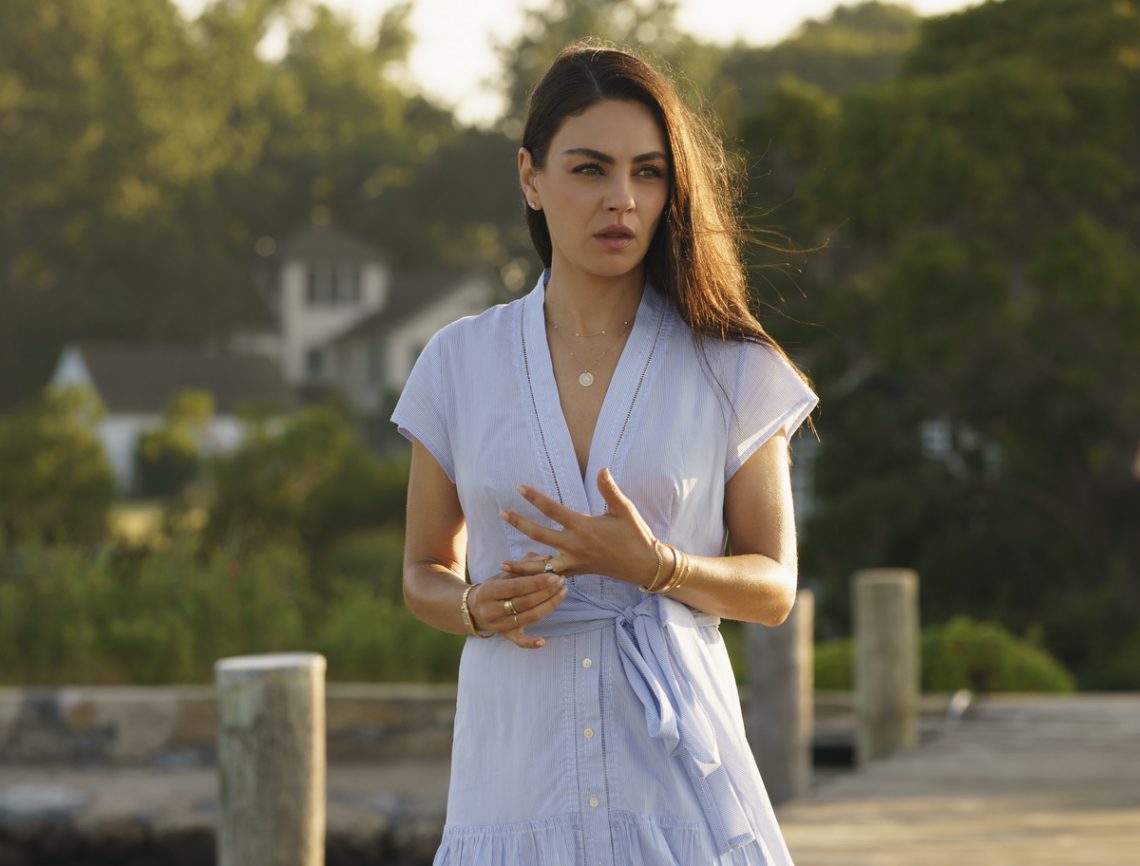Netflix’s new thriller Luckiest Girl Alive has reached number one in the streaming service’s top ten list after its release on September 30th. The film stars Mila Kunis as Ani, a writer living in New York who seems to have a perfect life. However, she is forced to face her past traumas when a true-crime documentary team ask her to share her story.
It is revealed that Ani survived gang rape and a school shooting as a teenager. There have been mixed receptions towards the portrayal of abuse in the show. Some viewers have praised the depiction of abuse, PTSD, and victim-blaming as highly realistic, with one Twitter user writing: “Luckiest Girl Alive is the best depiction of Complex PTSD I’ve ever seen. A moving portrayal of coping with assault in a culture that protects the perpetrators.”
However, the show’s realism has drawn criticism from other viewers, who have demanded that Netflix put stronger trigger warnings in place.
Many viewers might wonder if Luckiest Girl Alive is based on real-life events. The film is based on a 2015 novel of the same name written by Jessica Knoll, who initially insisted that the events were inspired by stories she had heard from other women.
However, Knoll then wrote an essay for Lena Dunham’s newsletter, Lenny Letter, which revealed that her own experience as a teenager inspired the gang rape scene.
Knoll revealed that she has always been uncomfortable sharing her story, stating: “I always feel a little undeserving of being called like brave or courageous because I had to [open up] in fiction.”
She continued: “There were these duelling things inside of me. I desperately craved the release of getting my story out on paper and the validation of recognising what had happened to me as rape. I needed that.”
“But on the other hand, I was frightened that people would read it and come to the same conclusion that people did when I was in high school, which was that no violation had occurred and that I had somehow participated in it.”
She claims that the school shooting aspect of the story is entirely fictitious. However, her story follows in the footsteps of other pieces of media that have explored school shootings, such as Bowling for Columbine, Elephant and Polytechnique.
